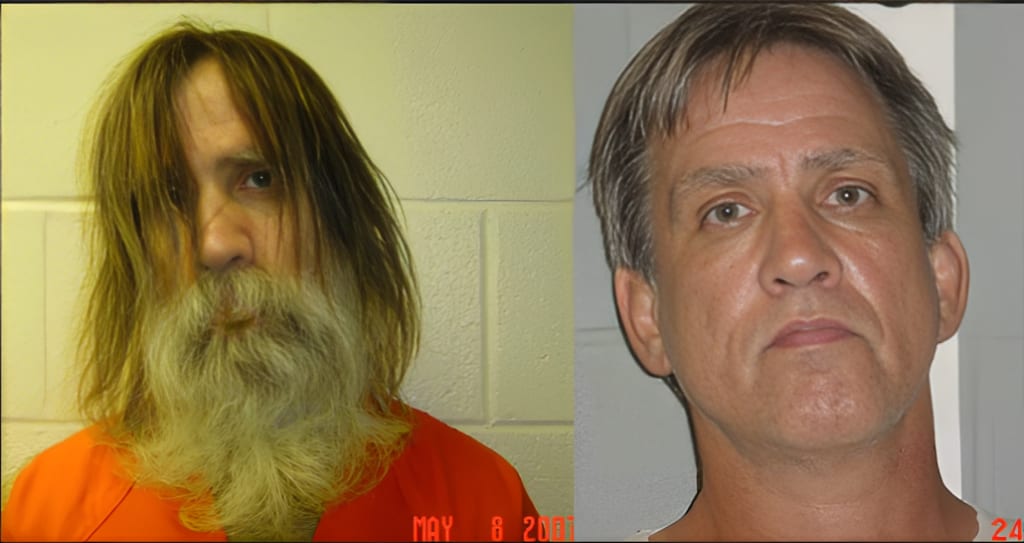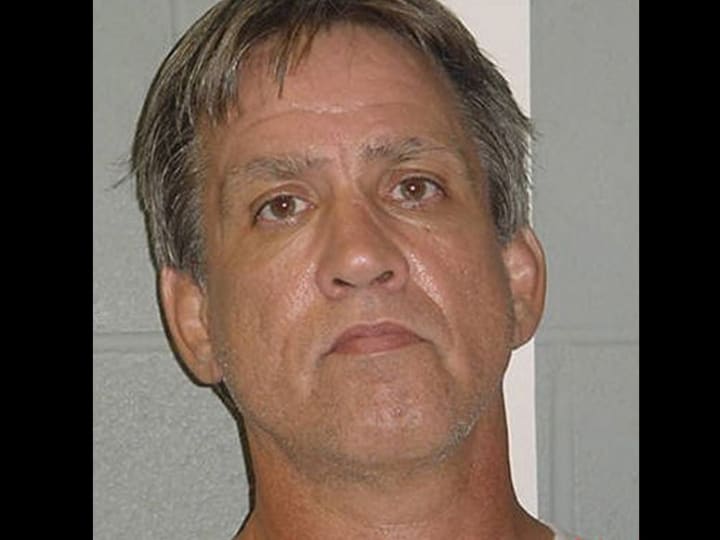Unjust Isolation: The Stephen Slevin Case
Stephen Slevin's Case

In 2005, Stephen Slevin, a man in his early fifties, was booked into the Doña Ana County Detention Center in New Mexico on charges of driving while intoxicated and receiving or transferring a stolen vehicle. These charges were later dismissed. At the time of his booking, Slevin was physically healthy and well-nourished, though he was suffering from depression.
The Suffering in Solitary Confinement
Soon after his booking, Slevin found himself spending most of his 22 months in jail in a padded solitary confinement cell. Allegedly, this was routine treatment for people with mental illness in the facility. Over this period, Slevin experienced the extreme adversities of prolonged isolation. He developed fungal infections and bedsores, suffered from deteriorating mental health, and descended into a delirium.

At one point, he had to remove his own aching tooth. His mental and physical health declined so much that he lost one-third of his body weight and was deemed legally incompetent to stand trial1.
The Pursuit of Justice
The journey to justice for Slevin was not straightforward. Incarcerated individuals often face substantial barriers to seeking legal redress for their mistreatment. These barriers include prohibitive federal filing fees, the requirement to exhaust the facility’s cumbersome grievance process, and the general difficulty of finding attorneys willing to take on their cases.
Yet, Slevin found an advocate in Matthew Coyte, an attorney who had previously worked as a public defender in New Mexico. Coyte was moved by Slevin's physical and mental transformation, which was clearly evidenced in the stark difference between his booking photo and release photo. He took on Slevin's case, recognizing the inhumanity and unconscionable conditions of solitary confinement.

Coyte and Slevin filed a federal civil rights suit against the county board of commissioners, the jail, and two staff members, alleging violations of Slevin’s civil and Constitutional rights. They declined a $25,000 settlement offer from Doña Ana County, choosing instead to take the case to trial.
After a dramatic trial, during which Slevin discovered he had advanced-stage cancer, a jury awarded him $22 million. This was one of the largest amounts ever awarded in a federal civil rights case involving incarceration.
After continued legal battles, Slevin accepted a decreased settlement of $15.5 million. For Slevin, it was not about the money; he wanted people to acknowledge what happened to him publicly and hold those responsible accountable.
Unfortunately, Slevin has since passed away from
Aftermath
Due to the lawsuits filed by Coyte and advocacy by the The American Civil Liberties Union (ACLU) there have been significant financial implications for county budgets and a push for reforms in the use of solitary confinement. In 2019, statewide legislation was passed in New Mexico to reform the use of solitary, which requires jails and prisons to report on their use of solitary and prohibits its use for certain groups such as children, pregnant women, and the mentally ill.

The lawsuits have played a crucial role in bringing about these changes, as noted by Barron Jones of the state ACLU, who believes that the lawsuits contributed to the push for reform. The high number of lawsuits has also strained the insurance pool managed by the state association of counties in New Mexico, which covers law enforcement activities.
The association only pays awards up to $2 million, leaving counties responsible for the remaining costs. The increasing number of lawsuits has led to rising premiums for localities and the loss of pool insurance for counties that get sued too often, which has become an incentive to change their solitary policies in local lockups.
A study from UCLA has suggested that insurance pools can be a promising source of risk management pressure, as they can impose significant financial burdens on law enforcement agencies. Inhumane mistreatment of inmates can become too costly for county jails, as more suits are filed. Jessica Sandoval of the Unlock the Box Campaign to End Solitary Confinement sees Coyte's strategy as powerful and believes that more people should consider this type of litigation.
Solitary confinement can have severe psychological effects, as well as physical suffering, self-harm, and suicide rates. Unlike a sentence handed down by a judge or jury, time in solitary is often imposed by corrections officials for minor rule infractions, which ultimately creates more dangers, crime, and violence, rather than preventing it. Coyte believes that it is a toxic law enforcement tool and is therefore ridiculous.
References:
About the Creator
Rare Stories
Our goal is to give you stories that will have you hooked.
This is an extension of the Quora space: Rare Stories
X(formerly Twitter): Scarce Stories
Official Bookstore: davidkellertruecrime
Writers:
....xoxo
Enjoyed the story? Support the Creator.
Subscribe for free to receive all their stories in your feed. You could also pledge your support or give them a one-off tip, letting them know you appreciate their work.






Comments (1)
This is terrible. What a horrible thing to do to a person. The thing about life is that anyone can end up in circumstances either by accident or by design. Life is unpredictable, we must try to do the best thing at all times. Some people are more uncaring than others, Congrats on the spotlight of your story.